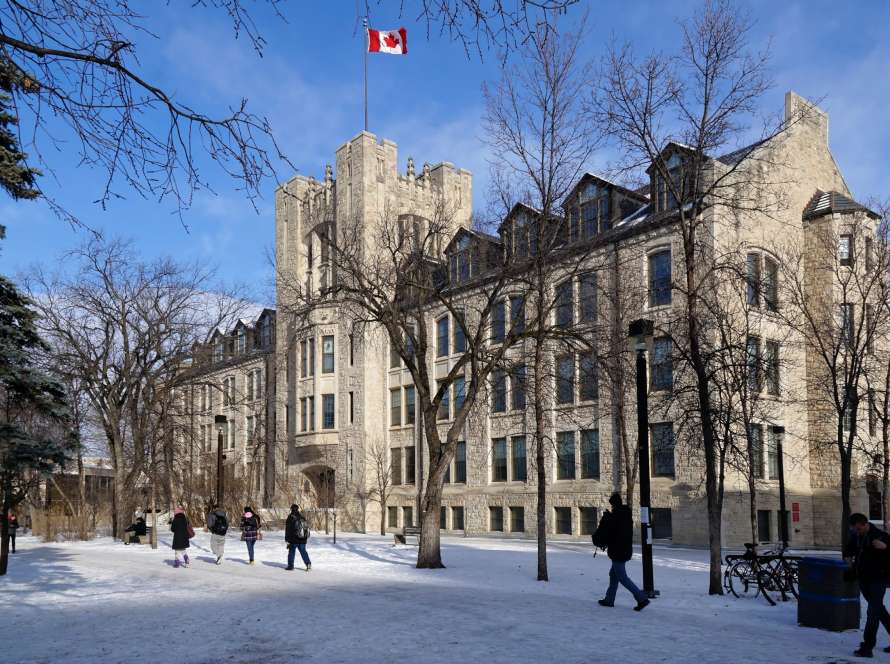
Prepare your budget
- Finance aids
- Scholarships
- Set your goals
- Contact advisor – seek navigation
- Look for programs that you can work with to cop up your financial needs
- Spend wisely
- Choose affordable country/university
- Adjust your habits while making expenses
- Budget – with and without scholarships
- Optional working part-time
- University comparison of program cost
- Planning for program duration
If you think cost is still a challenge to seek international experience, note that there are always some alternatives to cover up. Your skills and high school percentage are the best compensations for your next degree with the help of which you can look for scholarships that match your guesswork theory.
Highly ranked and eminent universities always offer a variety of scholarships which are helpful to future students and International students along with their existing group of scholars. Beside scholarships, study loans are alternatives that can be repaid after completing the qualifications. Not to forget the trending co-ops programs and internships are the best source to earn while you learn.
Manifest all these achievable tips to prepare your budget for study abroad.
- Know how much you need – Find out the cost of your program, filed trips & tours and then start creating a budget list by adding cost of living in study destination, add a column for university expenses, food and stay. Besides this the cost for other activities should also be managed because you may not like to be surprised with some unexpected expenditures. Expenses for roving around the country or nearby places and sometimes friend’s birthday party do cost you.
- Plan ahead – Advance preparation and cost management will allow you find alternatives to back up some money for all expenses and emergencies if any. You can also maintain a diary while in abroad to note down expenses. Research if your program offers internship along with curriculum.
- Finance – If you are lucky enough to get all your expenses covered by parents then you may not need this advice. But if you do, there is a lot of work for you. You may want to check the currency converter to keep a track of things you spend money for in another country. If you plan to opt for money from bank, check if there are any student loans or benefits for students that do not cost you interest money.
You may be blessed to take advantage of student discounts by keeping your student ID card with you and consider buying the International Student Identity Card which works in some countries where you can buy tickets at a less cost and more.
Check if there is a cost on ATM withdrawals, keep a track of the exchange rate for money. Keep your credit card only for emergencies. Take as much knowledge from your bank reps to avoid any extra charges on your card and note them. Use money manage platforms if needed.
- Food – Having a quality food is having a healthy life, but that does not mean it should be bought from expensive restaurants. You can also buy healthy groceries and prepare your own salads and food that give you homely feeling. Tip – when you meet friends regularly – it’s okay to just meet and not buy coffee every time. You can also choose to have dinner with friends instead of going to clubs.
- Accommodation – Now this is where you can again save good money by choosing the homestay program instead of the university residence. You will notice university representatives always suggesting this option to help you save on expenditure. Homestay has its own benefits and you may get that homely feeling while staying with local families. To find out more about homestay and other accommodation facilities please read the Accommodation section on our Student Resources page.
- Transportation – Most of the universities covers your free transportation cost in your tuition fee, which you may not require to add in your budget list. But how about going around the city and witnessing the beauty; is that possible? Yes, it is provided you take a bus, shuttle or train to cover the distance. If the destination is quite near, you rather take a walk and visit to avoid reaching late due to traffic and save some more money.
- Shopping – Something that’s always tempting in a new place. Of Course, you have been saving money everywhere and deserve to spend on things to wish to buy for yourself or family members. But you can shop where from the local’s shop and avoid areas that are highly priced.
- Habits – You can keep a track of your expenses in short intervals like expenses in first semester, next semester or once in a month and so on even when you start earning your stipends. This practice helps to get clear vision on did you overspent money and how to deal in future. This also allows you to plan next month’s expenses without asking money from parents.
Well, we have shared as much possible ways to help you save a lot of money. We recommend you to seek advisors or planners to give you a better insight of the country wise expenses, to stick to your budget plans. It’s time for you to start saving your money from now to witness the unforgettable experience you will have while your study abroad.
We wish you a good future ahead and Happy journey onboard!



